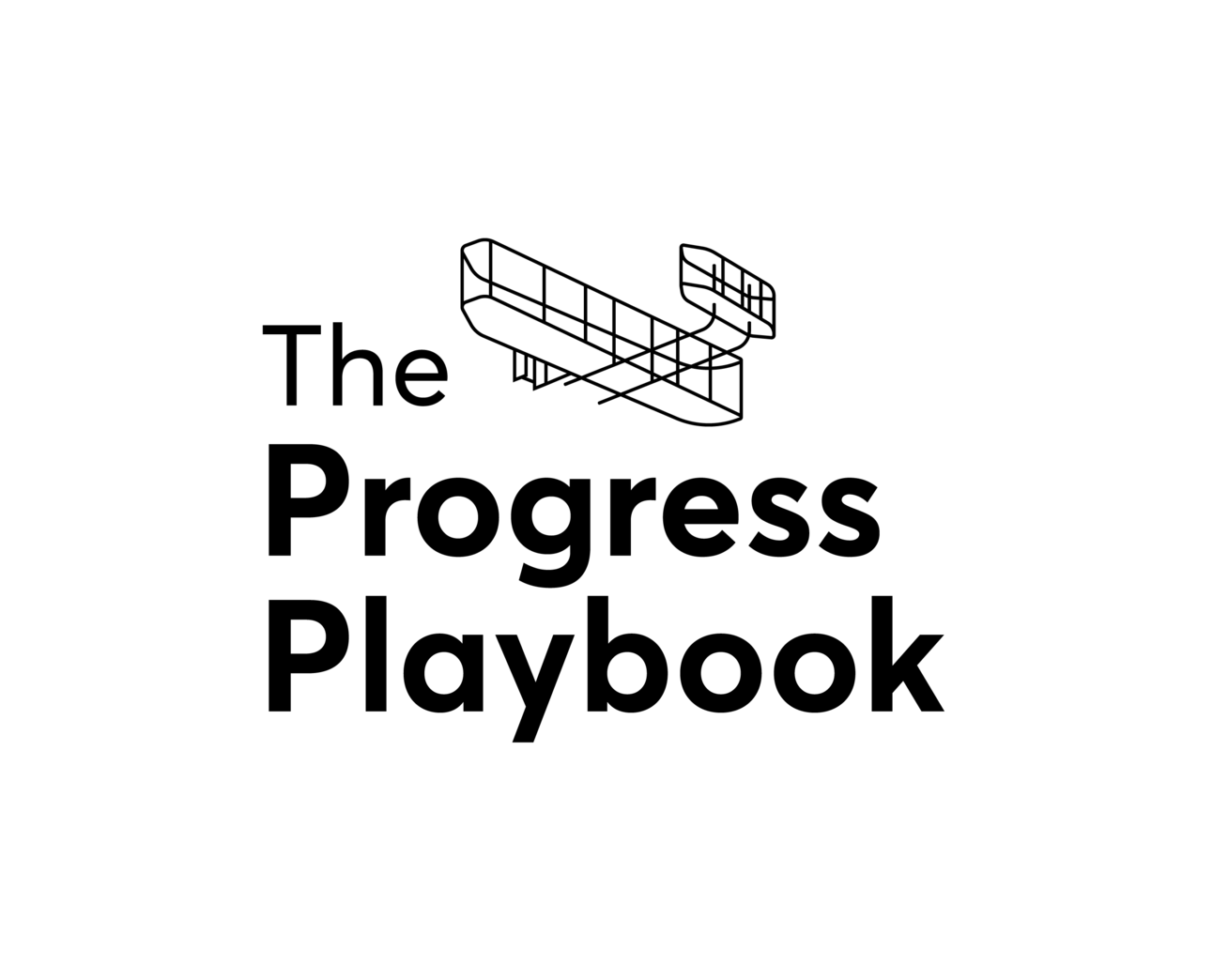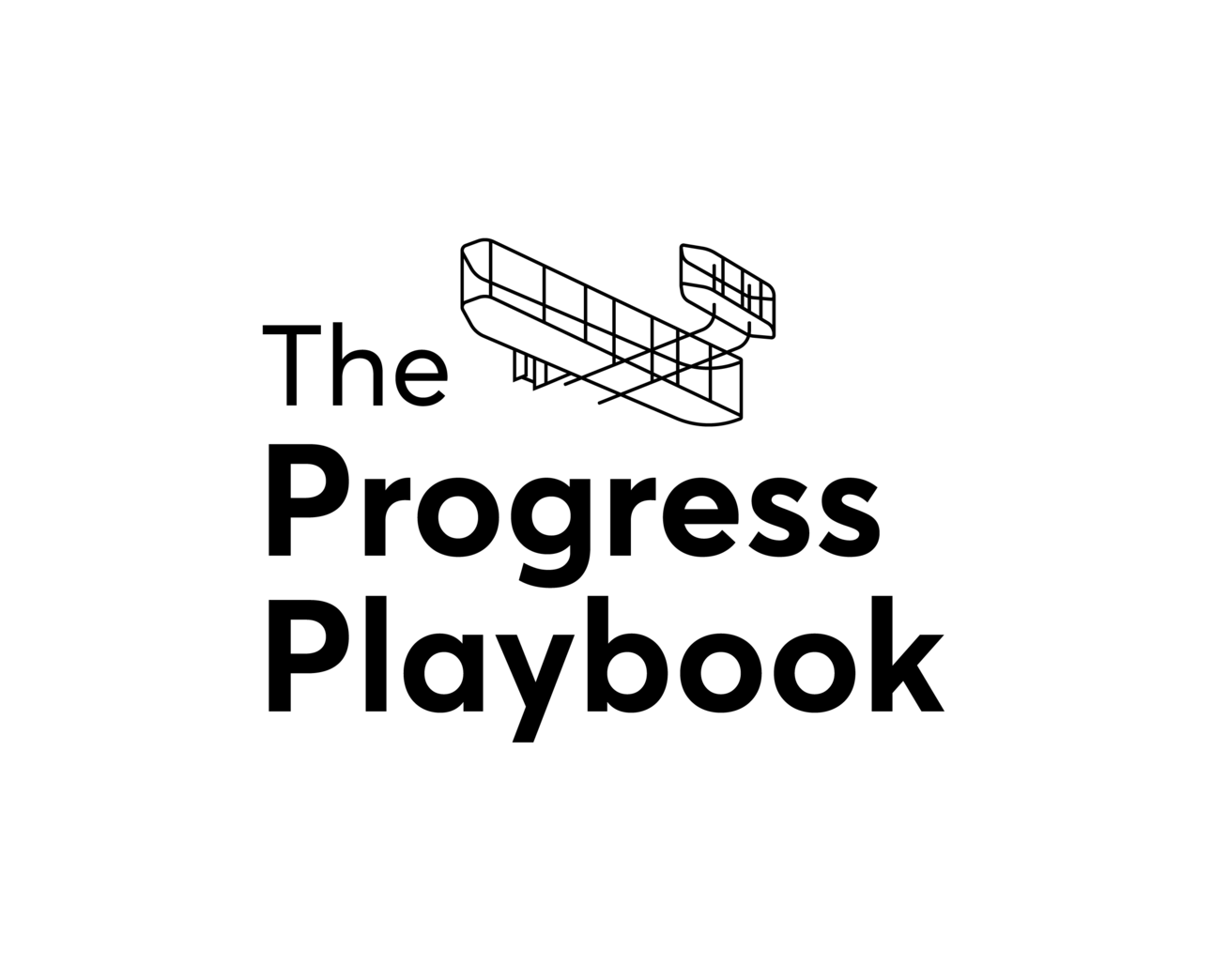- The Progress Playbook
- Posts
- Newsletter (copy 13)
Newsletter (copy 13)
Fossil-free suburbia and decoupling from emissions

Good morning,
This week, we’ve looked at: The Melbourne suburbs that are ditching all gas connections; a massive circular battery manufacturing facility in Sweden; whether the US economy is now untethered from emissions; and how remote working affects productivity.
Know anyone else who’d be interested in signing up to this free newsletter? They can do so here.

The City of Yarra, a 20 square kilometre part of Melbourne that’s home to 100,000 people, says it has started working with a local non-profit to become an all-electric precinct, as part of its plans to reach net zero emissions by 2030.
The local government, the Yarra Council, already sources all of its electricity from rooftop solar and other renewables, and has eliminated gas use in 26 of its own buildings. This involved replacing gas cookers with electric induction stoves, gas heaters with heat pumps, and gas-fired hot water systems with electric ones.
The council says it’s now working with the Yarra Energy Foundation to fully electrify households across the precinct.
In partnership with another local community group, Electrify 3068, it will use the suburbs of Clifton Hill and Fitzroy North to create a blueprint for others to follow, as this area has “a range of building types and services, technological compatibility and engaged community.”
- Read the full story here.

Swedish battery group Northvolt has secured $5 billion in green loans to create a massive battery manufacturing and recycling complex in the north of the country.
Why it matters: The facility, which will supply at least four automakers, will produce batteries at a much lower carbon intensity than others, thanks to its recycling component, Northvolt says.
The latest: The new funding will be used to expand the Ett site’s cathode production and cell manufacturing capacity, and to expand the adjacent recycling plant, Revolt Ett. The recycling unit recovers battery-grade metals with a carbon footprint 70% lower than mined raw materials, the company said in a statement.
- Read the full story here.
A note from The Progress Playbook…

We can help you reach new audiences and tell your brand’s story in a smart and concise way. Get in touch to find out more.

In 2023, the US economy grew even as greenhouse gas emissions declined, resuming a trend that had been interrupted by the post-Covid recovery, according to preliminary estimates by Rhodium Group.
Why it matters: This could reinforce the idea that GDP growth and emissions are decoupling in the world’s largest economy.
The latest: The US economy expanded by 2.4% in 2023, while emissions fell 1.9% from a year before thanks to a relatively mild winter and declining coal power output, according to Rhodium’s analysis. Notwithstanding a temporary rebound in the wake of the Covid-19 pandemic, emissions are now down 17.2% from 2005 levels.
“We’ve seen periods of decoupling over the past 10-15 years — first as the shale gas revolution pushed some coal out of the power sector, and more recently we’ve seen variable renewables supplanting coal as well,” Ben King, an associate director with Rhodium’s energy and climate practice, tells The Progress Playbook.
A “strict decoupling” would require no rebounds in emissions — as was the case in 2021 and 2022, King says, adding that shifting definitions of both GDP and emissions muddy the waters too.
Further, the rate at which emissions decline must be at least three times faster than 2023 levels if the US is to meet its goal of halving emissions by 2030.
While that target will be elusive based on the current trajectory, Rhodium nevertheless expects US emissions to be 32-42% below 2005 levels in 2030. That’s thanks to the profound impact of the Inflation Reduction Act and other legislation that incentivises decarbonisation.
Based on a rudimentary estimate of 2% GDP growth a year, this suggests a “longer-term continued decoupling and a structural acceleration of decarbonisation,” King said.
- Read the full story here.

The Covid-induced shift to remote and hybrid working arrangements has not had any material impact on productivity growth, according to a study by researchers at the Federal Reserve Bank of San Francisco.
The context: While complicating things for some landlords and employers, working from home has yielded a number of benefits to society.
Because they don’t need to commute, remote workers could have a 54% lower carbon footprint compared to on-site workers, according to a US-focused study published in the Proceedings of the National Academy of Sciences.
Other studies have found that the employment rate for disabled people has reached all-time highs in the US thanks to new ways of working.
“Daily tasks such as commuting and navigating an office space can be difficult for people depending on their disabilities,” Bloomberg said in a recent report. “As companies adopted remote and hybrid work arrangements, more disabled people applied for and landed jobs — sometimes for the first time in years.”
Meanwhile, reduced demand for on-site workspace means many old office blocks are being converted into much-needed residential units.
What’s new: The Federal Reserve Bank of San Francisco compared productivity growth rates between industries that are well suited to remote work and those that aren’t.
It found little evidence that the shift to remote and hybrid work has either substantially held back or boosted the rate of productivity growth.
- Read the full story here.
Other articles you might find interesting:
Have any tips, ideas or feedback for us?
Please contact [email protected].
Follow The Progress Playbook on social media:




Copyright (C) 2023, The Progress Playbook. All rights reserved.Was this email forwarded to you? Sign up here to subscribe yourself.Want to change how you receive these emails?You can unsubscribe
Reply